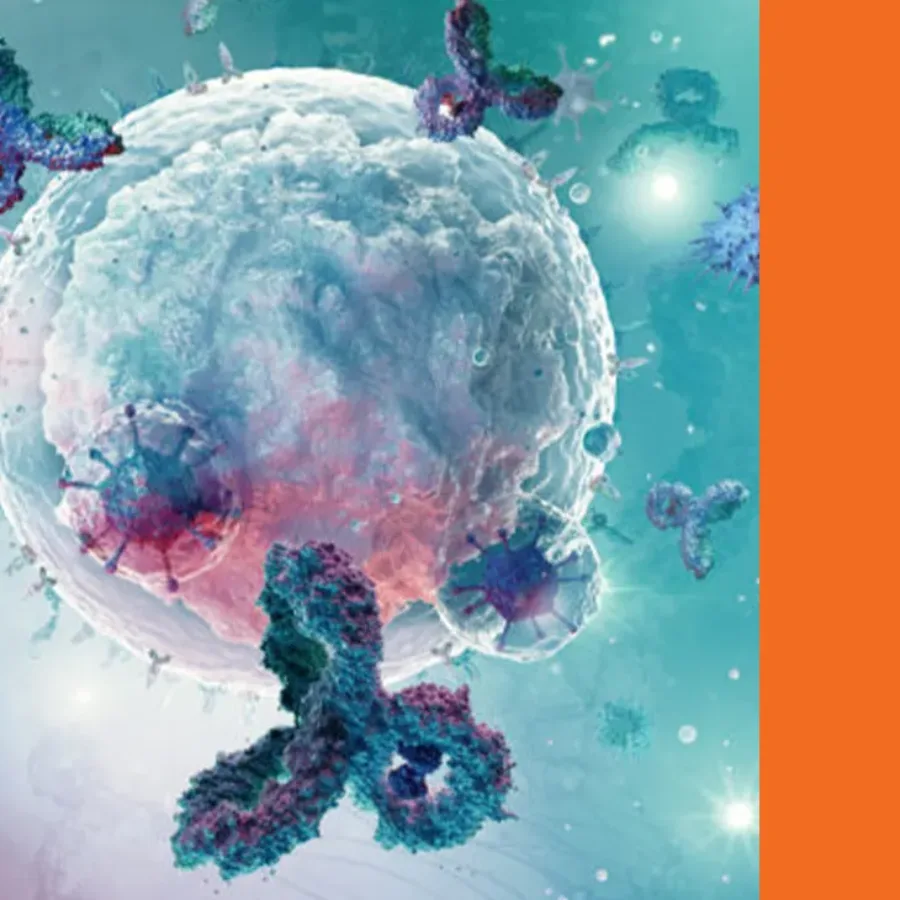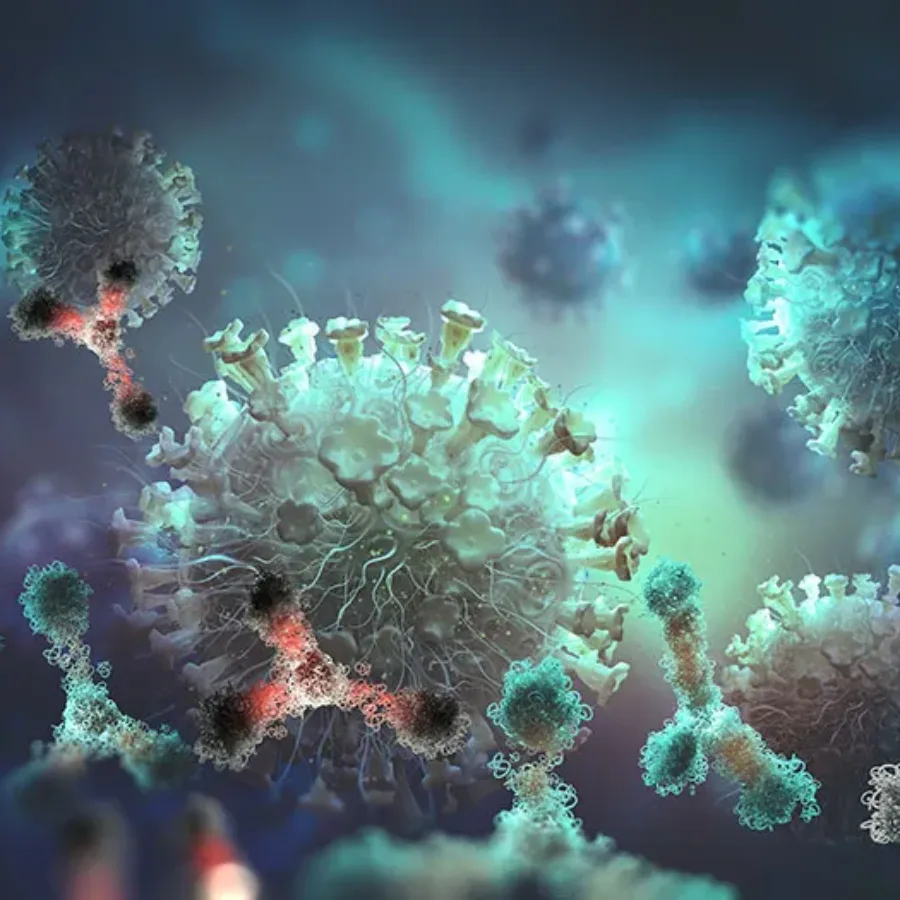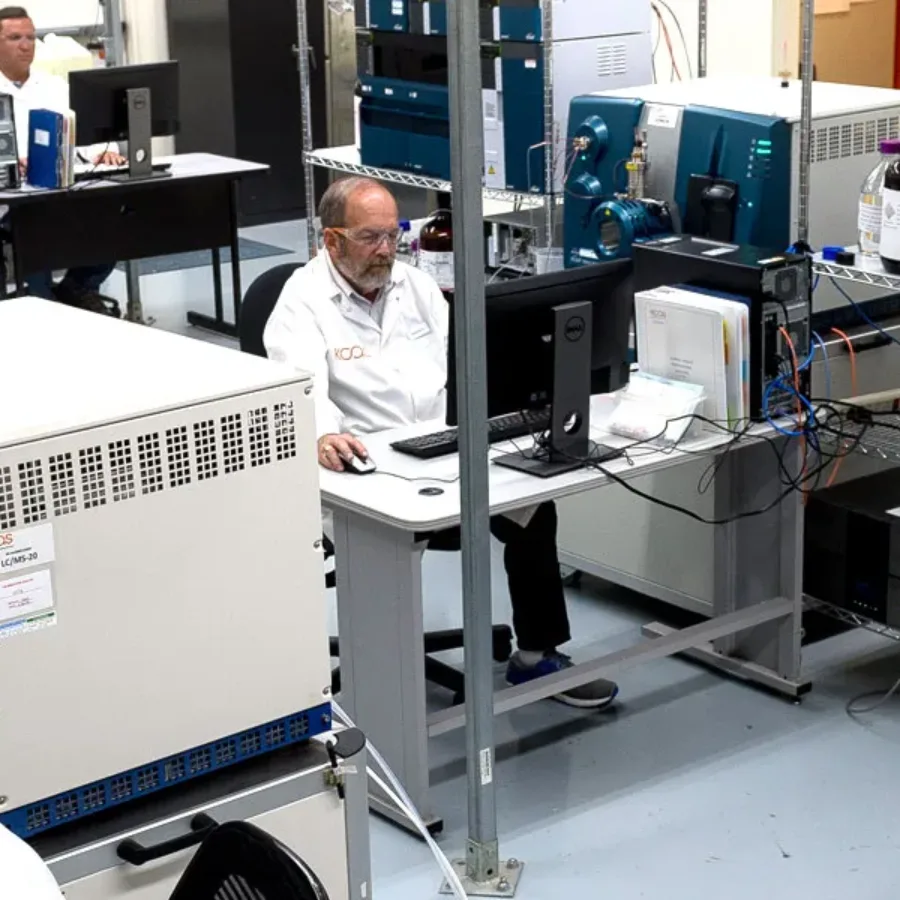 Blogs
Blogs
Quantitative flow cytometry (QFCM) is a specialized technique that enables precise measurement of the absolute number of specific molecules (e.g., receptors, antigens, or intracellular targets) on individual cells or particles. Understanding flow cytometry is essential, as standard methods typically provide qualitative data, where the relative fluorescence intensity is used to…
 Blogs
Blogs
Recently, Matthew Pennington, PhD (one of KCAS’s Senior Scientists) was the senior author on a publication entitled “A Validated Droplet Digital Polymerase Chain Reaction Assay for the Detection of Adeno Associated Viral Vectors in Bio Shedding Studies of Tears”. Below, Matt explains the significance in what they accomplished…
 Blogs
Blogs
In an exciting development, KCAS, through its subsidiary FlowMetric, is expanding its flow services in Europe. With a history of providing cutting-edge flow services in the EU, KCAS is taking a significant step forward by transitioning services from its Milan, Italy site to…
 Blogs
Blogs
Business Wire – May 24, 2023 11:00 AM EST – In an effort to continue providing the…
 Blogs
Blogs
Immunotherapy research is a rapidly expanding field with a pipeline of monoclonal antibodies in development to treat a range of cancers and autoimmune diseases. The mechanism of action (MOA) used by an antibody to mediate a therapeutic response must be fully defined to enable a candidate antibody to advance down the preclinical development pipeline. It is also required for all antibodies used in clinical research and regulatory IND filings in order to optimize dosing and assess the risk of detrimental side effects.
 Blogs
Blogs
The long-term economic consequences of the COVID-19 virus are yet to be determined. However, short term it is having major impact on research & drug development so companies are adapting in order to survive.
 Blogs
Blogs
KCAS is a solution-based company. We are focused on the delivery of high quality scientific and defendable data, able to meet or exceed client’s timelines and expectations. One of the main reasons we are able to deliver on even the most challenging projects and programs, is the technical breadth and…
 Blogs
Blogs
How will your background in science play a role in your new Senior Scientific Advisor position? I feel that my skill set has evolved consistently since my graduate degrees where I’ve learned different yet complimentary lessons about data presentation, data interpretation, marketing, customer partnering, optimizing operational processes, customer management and…
 Blogs
Blogs
At KCAS, our Discovery group performs bioanalytical / biomarker method development that can include any of the various components required for a validated method under the GLP guidelines. So why is Discovery group needed? The beginning stage of drug development is a stage of trial and error. It is generally…
 Blogs
Blogs
At KCAS, we work with Director, VP, and C-level pharmaceutical and biotech executives that need to measure their drug or the effect of their drug in biological matrix. Many of our customers rely on…
 Blogs
Blogs
Protein characterization is a broad term describing the profile or fingerprint of a large molecule’s (or biologic’s) physical, chemical, and biological properties. Characterization of the protein will test the purity, activity, and the quantity…
